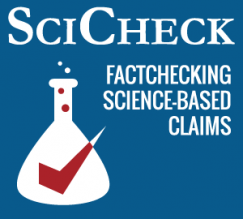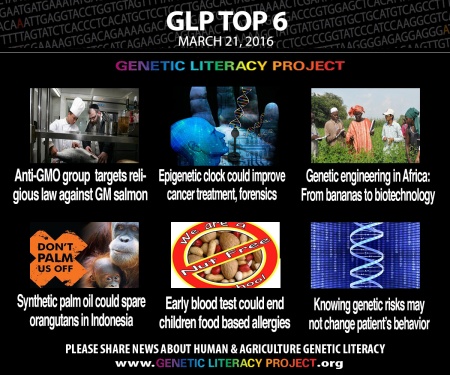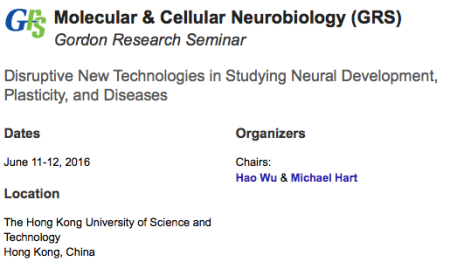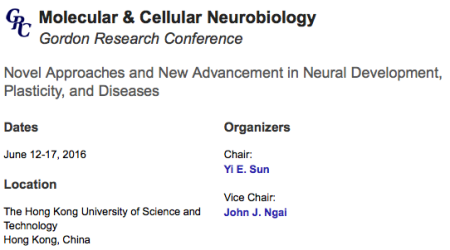Stories of vaccine-related harms are influential, even when people don’t believe them
Laura Scherer, University of Missouri-Columbia; Brian Zikmund-Fisher, University of Michigan; Niraj Patel, University of Missouri-Columbia, and Victoria Shaffer, University of Missouri-Columbia
In 2013 a boy who was given the HPV vaccine died almost two months later.
Two quick questions: First, does this worry you? And second, do you believe that the vaccine caused the boy’s death?
This is a real case reported in the Vaccine Adverse Event Reporting System (VAERS). VAERS is monitored by health experts at the Centers for Disease Control and Prevention and Food and Drug Administration to detect very rare or emergent harms that may be caused by vaccines. The vast majority of adverse events reported in VAERS are mild (such as fever), but a few are serious, like death and permanent disabilities. Staff follow up on certain cases to better understand what happened.
A growing number of parents are refusing to vaccinate their children, and one reason they often state is that they do not trust that doctors and government agencies sufficiently research the potential harms of vaccines. Given that, we wanted to find out whether telling people about VAERS and the information it gathers could influence their beliefs about vaccine safety.
Vaccine refusal and the importance of trust
It’s important to stress that just because a case like the one mentioned above is reported to VAERS doesn’t mean that the vaccine caused the problem. That’s because VAERS is an open-access reporting system.
Health care providers are required to report certain adverse events, but they are not the only ones who can contribute to the database. Anyone can make a report in VAERS for any reason. Similarly, anyone can access VAERS reports and data. In fact, advocates both for and against vaccines refer to VAERS data as evidence of either the existence of harms or the rarity of harms.
This open-access feature makes VAERS a potentially rich source of information about possible vaccine-related harms. It also means, however, that the events reported in VAERS often turn out to have nothing to do with a vaccine.
Take for example, the boy who died less than two months after receiving the HPV vaccine. Here’s what the full VAERS report says: “Sudden death. He was perfectly healthy. The vaccination is the only thing I can think of that would have caused this. Everything else in his life was normal, the same.”
The fact that there were no reported problems for almost two months between the vaccine and the child’s death might make you, like us, skeptical that the vaccine was the cause. Yet, it is important that the death was reported so that it can be followed up.
Being transparent about risks is critical to building trust. In fact, that’s part of the reason that VAERS data is available to everyone.
Does VAERS make people trust vaccine safety?
It seems plausible that describing VAERS in depth could build trust. Doing so would demonstrate that every effort is being made to collect information about potential vaccine harms, and that even with such a comprehensive effort very few serious events are reported. Further, transparency would also show that these few serious events are not necessarily caused by the vaccine, and this information is available for anyone to view and evaluate.
We decided to test this idea in a recent internet survey. We surveyed over 1,200 people, who were divided into three groups.
One group received the standard CDC Vaccine Information Statement for the HPV vaccine. We chose the HPV vaccine because this vaccine is particularly underutilized. The second group was given detailed information about VAERS – what it is, what it is for and what it contains – as well as the number of serious adverse event reports received about HPV. To be specific, this group was told that there were seven deaths and 24 permanent disabilities reported for the HPV vaccine in 2013 out of a total of approximately 10 million vaccine doses given that year. A third group received all of that information and then also read the actual adverse event reports in detail. We hoped that reading these reports would show this group that not all of these deaths and permanent disabilities were caused by the vaccine.
We found that telling participants about VAERS, without having them read the actual reports, improved vaccine acceptance only very slightly. Even worse, when participants read the detailed reports, both vaccine acceptance and trust in the CDC’s conclusion that vaccines are safe declined significantly.
What we found next surprised us: The vast majority of our survey respondents, the same ones who were less accepting of vaccines and less trusting of the CDC, said that they believed the vaccine caused few or none of the reported deaths and disabilities. This means that the individual stories of perceived vaccine harms were highly influential, even when people didn’t believe they were true.
We are influenced by information even when we don’t believe it
Think back to your reaction to reading about the tragic death we described earlier. Our data suggest that just learning about this death may have caused you to feel more negatively toward the HPV vaccine, even if you believed that the vaccine did not cause the death.
While we can’t say that everyone reacted to the stories the same way or to the same degree, it seems clear that at least some people didn’t believe that the vaccine caused the reported harms, but they were nonetheless negatively influenced by those reports.
Systems like VAERS are essential for public health, providing an opportunity to learn about and investigate every possible case of potential harm caused by vaccines. But the power and emotion evoked by the stories of VAERS reports may influence us and undermine trust in vaccines, no matter what our rational mind might think.
![]()
Laura Scherer, Assistant Professor, Psychology, University of Missouri-Columbia; Brian Zikmund-Fisher, Associate Professor of Health Behavior and Health Education, University of Michigan; Niraj Patel, Graduate Student, University of Missouri-Columbia, and Victoria Shaffer, Associate Professor of Psychology, University of Missouri-Columbia
This article was originally published on The Conversation. Read the original article.







